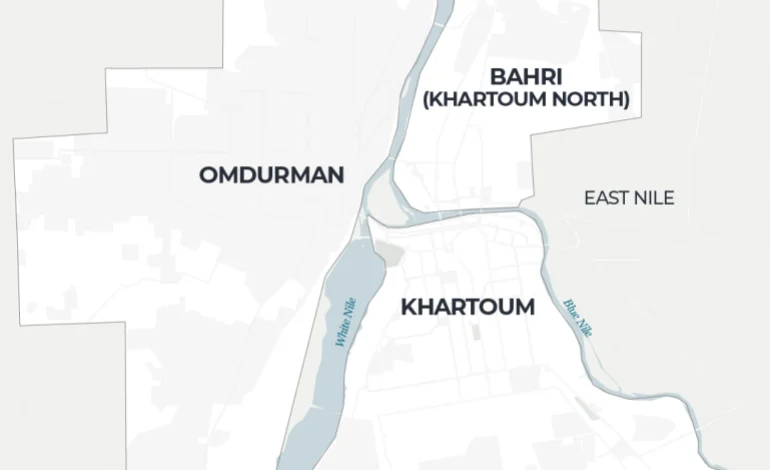Sudan’s Army Launches Major Offensive in Khartoum, Seeking to Reclaim Lost Ground

The Sudanese army has launched a major offensive in the capital, Khartoum, aiming to reclaim ground lost to the paramilitary Rapid Support Forces (RSF). The offensive, which began on Thursday, includes air raids and ground assaults, marking the most major military action in months, Al Jazeera reports.
Military sources told the media outlet that the army has already taken control of three key bridges connecting Khartoum to the city of Omdurman, including two that had been under RSF control. Forces are reportedly advancing towards the presidential palace, where heavy fighting is ongoing.
The army has also targeted several military sites belonging to the RSF, and Sudanese Air Force jets are carrying out numerous flights over Khartoum.
Meanwhile, the RSF has launched its own offensive in el-Fasher, the capital of North Darfur state. This attack marks the first major assault by the RSF on a state capital since the conflict began in April 2023.
The fighting comes as Sudan faces a dire humanitarian crisis, with millions displaced and thousands killed. The conflict has also hampered international relief efforts, leading to a dire shortage of food and medical supplies.
The offensive has already claimed lives, with at least four people killed and 14 wounded in artillery shelling by the RSF on residential neighborhoods in Karari Governorate, north of Omdurman.
Despite repeated calls for a ceasefire and negotiations, the conflict continues to escalate. While the United States and other countries have made efforts to broker peace talks, the Sudanese army has refused to participate.
UN Secretary-General Antonio Guterres expressed concern about the escalation in the conflict during a meeting with Sudanese army chief Abdel Fattah al-Burhan on the sidelines of the UN General Assembly in New York.
The UN estimates that more than 18,800 people have been killed and at least 33,000 injured since the fighting began in April. The conflict has forced more than 10 million people to flee their homes, including 2 million who have sought refuge in neighboring countries.








